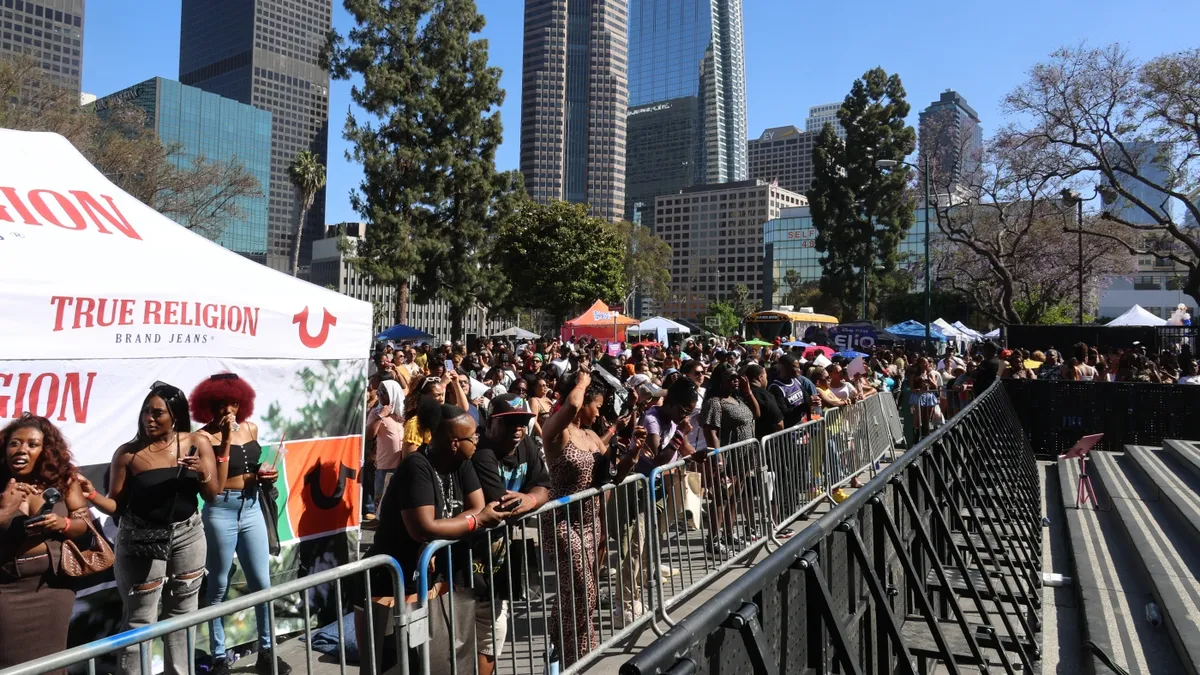
Today marks Juneteenth, a significant date in American history that commemorates the arrival of U.S. Army troops in Galveston, Texas, in 1865. On this day, these troops informed some of the last enslaved Americans that they were free, enforcing the Emancipation Proclamation issued by President Abraham Lincoln over two years earlier, on January 1, 1863. This day serves not only as a reminder of the struggles for freedom and equality but also as an opportunity for communities across the nation to celebrate Black culture and heritage.
Across the United States, various events were planned to honor Juneteenth. However, the current politically and racially charged climate has influenced the nature of these celebrations. In Bend, Oregon, for example, the planners of the annual Juneteenth festival opted for a more cautious approach this year. Kenneth Adams, one of the event organizers, expressed concerns about safety, noting, "Cautious would probably be a good word." This year, the festival was canceled due to safety concerns but was later revived in a smaller indoor venue.
In West Virginia, Governor Jim Justice announced that state employees would no longer receive Juneteenth as a paid holiday. This decision disappointed Ray Whiting, a long-time organizer of the Juneteenth parade and festival in Charleston. In response to the governor's decision, Whiting moved the event to Friday to ensure that the community could still participate in the celebrations. "That way people won't miss it," he stated, highlighting the importance of this event for local communities.
In Denver, Norman Harris has been the driving force behind the city's Juneteenth Music Festival since 2012. However, this year’s event was shortened to just one day instead of the usual two. Harris noted that many of their corporate partners either reduced their support or were absent this year. Despite these challenges, he remained optimistic, saying that with the help of individual donors, the festival would continue to be a "cultural treasure chest where people are immersed in Black culture and celebrating Black excellence.
In Nashville, the organizers of the Juneteenth615 festival are celebrating what they claim to be their biggest year yet. Willie Sims, affectionately known as Big Fella, emphasized the importance of the celebration, stating, "What if they cancel Juneteenth? I'm like, you can't cancel Juneteenth. There have been communities celebrating this since 1866." His comments reflect a broader sentiment among many that the significance of Juneteenth cannot be diminished.
As communities across the United States grapple with the ongoing challenges of inequality and injustice, Juneteenth remains a powerful symbol of resilience and hope. The various celebrations—whether large or small, indoors or outdoors—serve to remind us of the importance of remembering our history while continuing to strive for a more equitable future.